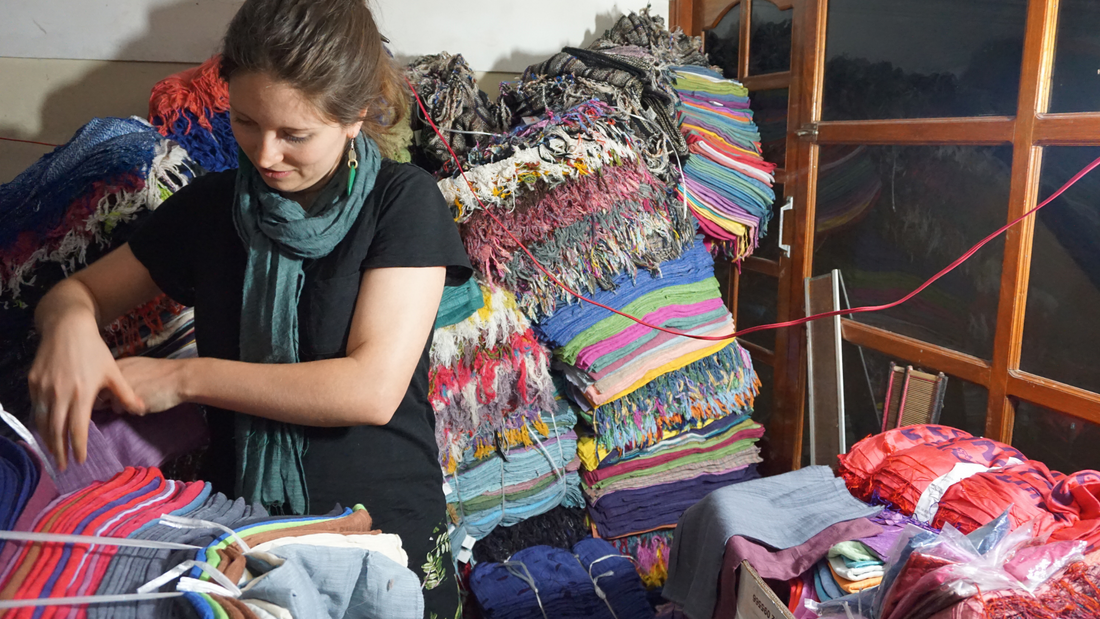Social enterprises are similar to traditional businesses in many ways. They share three significant traits: structure, operations, and profit. The main difference is a social enterprise is mission-based: which makes them somewhat similar to non-profits.
Surprisingly, what makes a social enterprise different from traditional business + non-profits is, well, profit. While traditional companies profit for the benefit of their owners, partners, and stockholders, and a non-profit doesn’t seek to profit, a social enterprise profits to further a particular cause.
Typically, a social enterprise's goals have something to with addressing environmental or societal issues. Frequently social enterprises deal with various problems, such as creating sustainable jewelry while paying fair wages to artisans (like we do at Fair Anita). What's important is that its business model is self-sufficient and sustainable; this will make the social enterprise able to further it’s chosen cause.
People who found social enterprises are known as social entrepreneurs. Social entrepreneurs possess a wonderful and unique skill set. Not only do they have a firm grasp of using established methods of business and commerce, but they also have a sense of altruism, are visionaries, and possess the right amount of determination to see things through. Because building a business is difficult, but building a business with a social purpose comes with its own set of unique challenges.
While the term “social entrepreneurship” sounds like marketing jargon aimed towards a hipster demographic, the concept has been around for much longer. In the 18th century, fair trade was founded on the principle that we shouldn’t use slave made products. Free Black men formed the "Colored Free Produce Society of Pennsylvania" and women the “Colored Female Free Produce Society of Pennsylvania." These original social entrepreneurs sold produce farmed not by slaves but by free people who earned a living growing and selling produce. These societies were founded as a way of boycotting slave-made goods and promoting the abolitionist movement. These social enterprises were fighting for a social purpose and fighting for a better society.
To this day, social enterprises can help create safe jobs for people and create a more equal society. For instance, Fair Anita has dedicated itself to sourcing fair trade products from female artisans worldwide. By partnering with cooperatives run by local leaders, Fair Anita can support the work of social enterprises worldwide. The talented women who work at these cooperatives earn a fair wage for their work (which isn’t always the case with traditional companies making jewelry + clothing.) Our partners can then invest in themselves, their families, and their communities!
All in all, a social enterprise is about betterment and continuous learning. Basically, they are in business to make the world a better place --- cash, financial gain, and profit are simply the tools they use to attain it.
Learn more about the founding of Fair Anita and why social entrepreneurship matters.

